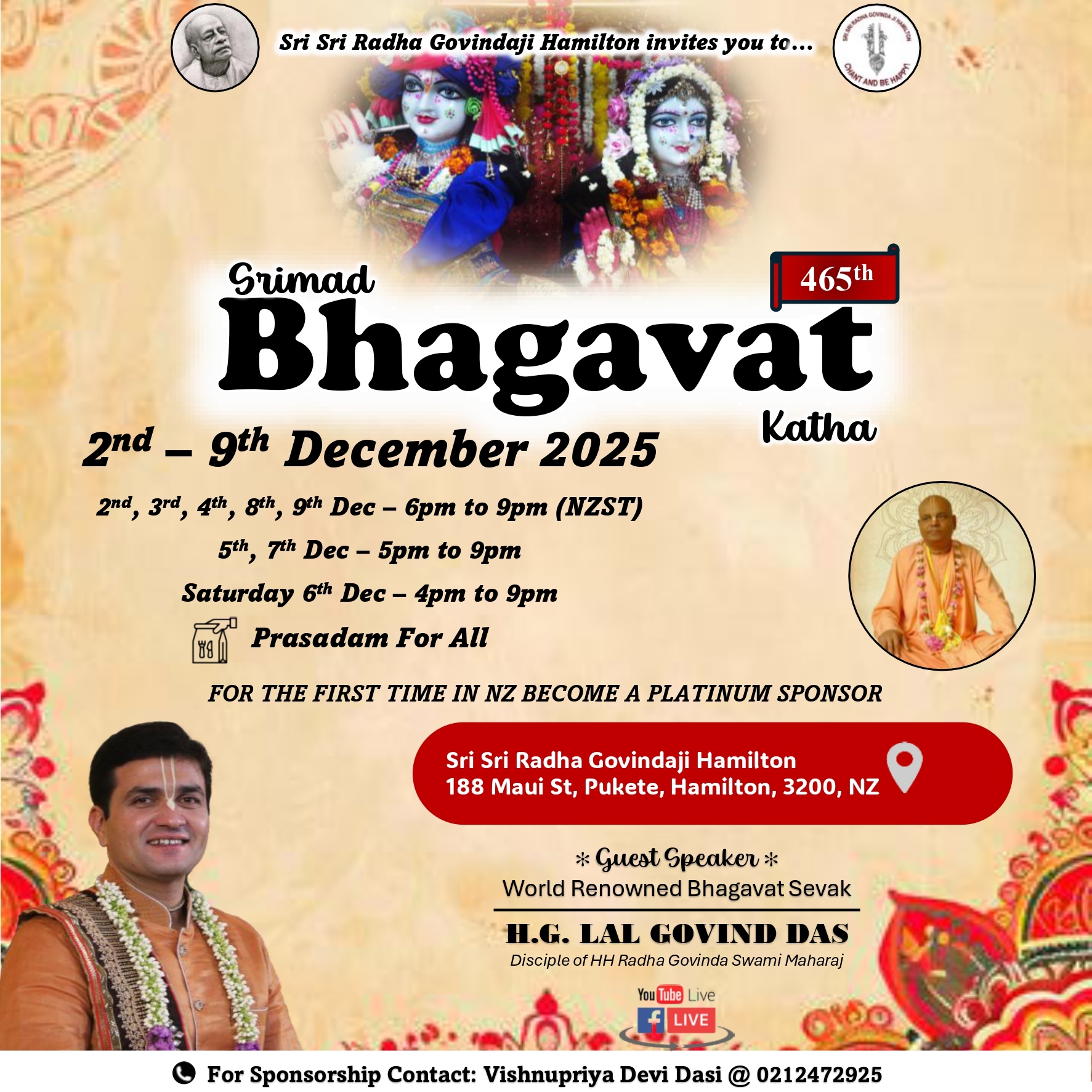Significance of Diwali

Diwali or Deepavali is the most popular Hindu festival practiced worldwide. The most exciting aspects of this festival, has to be the spectacular fireworks, which keep getting more and more elaborate each year. Some of them can do harm to humans, if sufficient care is not taken, while majority of them do harm to nature no matter what care we take.
The other joyful aspects of Diwali are certainly the bonuses at work (especially in India), the new clothes, the sweets, the decorations, the lights, the rangolis and the get-togethers. Diwali is truly a socially integrating festival where everyone comes together in the spirit of joy and sharing under the broad umbrella of worship of be it Mother Lakshmi, the consort of Lord Vishnu, and the Goddess of Inner Wealth and Outer Prosperity; or as the Joyous Celebration and return of Lord Rama to Ayodhya from his 14 year exile and after defeating Ravan.
However, Religion and it’s festivals are not for the Body alone, but it is for the Soul in the Body. Hence, all religious practices too have a relation with our evolution through this body. But if the religion is only catering to the body and not the soul, then those practices lose their value and become hollow and meaningless.
Just as food which is merely eaten does not nourish the body; it is only when it is fully digested and assimilated and enters the blood-stream does it nourish the organs of the body. In the same way, by the mere bursting of fireworks, etc. or following merely the religious practices we as individuals or as a society will not be benefited by the spirit of the Religion. Hence, we need to integrate the Spiritual aspect or the Philosophy of the Religion to see its benefits in its practices.
The social aspect of Diwali is mainly to bring people closer to each other and to erase all difference which is otherwise perceptible. Forgiveness, genuinely helping others and sharing good times with each other is the values expressed through the social visits.
The spiritual aspect in the social visits is expressed as ‘Sarve Janaaha Sukhinah Bhavantu!’ May all (people) be Happy, is the spirit with which we must make these visits. Hence, through these visits we remain connected with emotions of others and remain open minded and with open hearts. Such a heart can never be lonely. A mother never experiences loneliness, does she? Why? Her heart is always open to her child’s care. When we care for someone else, our loneliness disappears.
The religious aspect of the festival which involves the prayer and worship of Goddess Lakshmi, is to identify a source of Goodness within us but at a different level beyond our transactional mind, which comes to form a habit of measuring goodness given for goodness received. This Higher Source of Goodness, of Holiness within, is embodied in the form of Mother Lakshmi.
Our Pujya Gurudev, Swami Chinmayanandaji gave us a wonderful interpretation of the Ramayan; he had said, When we become covetous of Lakshmi (outer wealth) (in the form of Sita) and try to possess her and own by force ignoring Narayana (Shri Ram), like Ravan tried, she will bring us destruction, but when we serve Narayana (Lord Ram, her consort, representing the entire Universe) like Lord Hanuman, then Mother Lakshmi herself blesses such a person.
The spiritual aspect in the religious worship:
When we look within, we do not see this Ocean of Goodness; the honest seeker will only see darkness and the ugliness of his/her own negative thinking and that veil is so thick and dark that it is not possible to see beyond it. Hence, in that spirit, we light the Lamps (Deepa, representing awakening of the spiritual seeker within us) and we keep that lamp lit with devotion in our hearts towards the Lord; in anticipation of the Lord’s arrival. This is the aspect which is depicted by the arrival of Lord Ram in Ayodhya. This constant desire to see the Higher within us, is represented by the lighting of the Lamps on the new moon night and is the spiritual significance of Diwali. Through practice of universal noble values, sited in the Bhagavad Geeta as ‘Daivi Sampatti’ (Shrimad Bhagavad Geeta Chs. 12, 13 and 16), similar to other scriptures in the world, and by maintaining good company and habits, ensuring love and desire for higher values is stronger than the temptations of the immediate senses, is the means by which that lamp is kept lit through the darkness.
Once this type of seeker in us is awakened and nourished through regular conscious spiritual practices, such a person will be at peace with oneself and will gain clarity of vision of their lives and of the situations around them. Their actions will benefit the surrounding and the means will be harmonious and noble. This is the purpose of Diwali.
On behalf of everyone at Chinmaya Mission New Zealand I wish all the readers a very Happy and Prosperous and Safe Deepavali.
Bramhachari Adarsh Chaitanya serves as the Resident Acharya of Chinmaya Mission Auckland and conducts weekly spiritual classes for children, youth and adults. For more information about the Chinmaya Mission and Bramhachari Adarsh Chaitanya please follow this link: www.chinmaya.org.nz or contact him at 2756954
Diwali or Deepavali is the most popular Hindu festival practiced worldwide. The most exciting aspects of this festival, has to be the spectacular fireworks, which keep getting more and more elaborate each year. Some of them can do harm to humans, if sufficient care is not taken, while majority of...
Diwali or Deepavali is the most popular Hindu festival practiced worldwide. The most exciting aspects of this festival, has to be the spectacular fireworks, which keep getting more and more elaborate each year. Some of them can do harm to humans, if sufficient care is not taken, while majority of them do harm to nature no matter what care we take.
The other joyful aspects of Diwali are certainly the bonuses at work (especially in India), the new clothes, the sweets, the decorations, the lights, the rangolis and the get-togethers. Diwali is truly a socially integrating festival where everyone comes together in the spirit of joy and sharing under the broad umbrella of worship of be it Mother Lakshmi, the consort of Lord Vishnu, and the Goddess of Inner Wealth and Outer Prosperity; or as the Joyous Celebration and return of Lord Rama to Ayodhya from his 14 year exile and after defeating Ravan.
However, Religion and it’s festivals are not for the Body alone, but it is for the Soul in the Body. Hence, all religious practices too have a relation with our evolution through this body. But if the religion is only catering to the body and not the soul, then those practices lose their value and become hollow and meaningless.
Just as food which is merely eaten does not nourish the body; it is only when it is fully digested and assimilated and enters the blood-stream does it nourish the organs of the body. In the same way, by the mere bursting of fireworks, etc. or following merely the religious practices we as individuals or as a society will not be benefited by the spirit of the Religion. Hence, we need to integrate the Spiritual aspect or the Philosophy of the Religion to see its benefits in its practices.
The social aspect of Diwali is mainly to bring people closer to each other and to erase all difference which is otherwise perceptible. Forgiveness, genuinely helping others and sharing good times with each other is the values expressed through the social visits.
The spiritual aspect in the social visits is expressed as ‘Sarve Janaaha Sukhinah Bhavantu!’ May all (people) be Happy, is the spirit with which we must make these visits. Hence, through these visits we remain connected with emotions of others and remain open minded and with open hearts. Such a heart can never be lonely. A mother never experiences loneliness, does she? Why? Her heart is always open to her child’s care. When we care for someone else, our loneliness disappears.
The religious aspect of the festival which involves the prayer and worship of Goddess Lakshmi, is to identify a source of Goodness within us but at a different level beyond our transactional mind, which comes to form a habit of measuring goodness given for goodness received. This Higher Source of Goodness, of Holiness within, is embodied in the form of Mother Lakshmi.
Our Pujya Gurudev, Swami Chinmayanandaji gave us a wonderful interpretation of the Ramayan; he had said, When we become covetous of Lakshmi (outer wealth) (in the form of Sita) and try to possess her and own by force ignoring Narayana (Shri Ram), like Ravan tried, she will bring us destruction, but when we serve Narayana (Lord Ram, her consort, representing the entire Universe) like Lord Hanuman, then Mother Lakshmi herself blesses such a person.
The spiritual aspect in the religious worship:
When we look within, we do not see this Ocean of Goodness; the honest seeker will only see darkness and the ugliness of his/her own negative thinking and that veil is so thick and dark that it is not possible to see beyond it. Hence, in that spirit, we light the Lamps (Deepa, representing awakening of the spiritual seeker within us) and we keep that lamp lit with devotion in our hearts towards the Lord; in anticipation of the Lord’s arrival. This is the aspect which is depicted by the arrival of Lord Ram in Ayodhya. This constant desire to see the Higher within us, is represented by the lighting of the Lamps on the new moon night and is the spiritual significance of Diwali. Through practice of universal noble values, sited in the Bhagavad Geeta as ‘Daivi Sampatti’ (Shrimad Bhagavad Geeta Chs. 12, 13 and 16), similar to other scriptures in the world, and by maintaining good company and habits, ensuring love and desire for higher values is stronger than the temptations of the immediate senses, is the means by which that lamp is kept lit through the darkness.
Once this type of seeker in us is awakened and nourished through regular conscious spiritual practices, such a person will be at peace with oneself and will gain clarity of vision of their lives and of the situations around them. Their actions will benefit the surrounding and the means will be harmonious and noble. This is the purpose of Diwali.
On behalf of everyone at Chinmaya Mission New Zealand I wish all the readers a very Happy and Prosperous and Safe Deepavali.
Bramhachari Adarsh Chaitanya serves as the Resident Acharya of Chinmaya Mission Auckland and conducts weekly spiritual classes for children, youth and adults. For more information about the Chinmaya Mission and Bramhachari Adarsh Chaitanya please follow this link: www.chinmaya.org.nz or contact him at 2756954









Leave a Comment